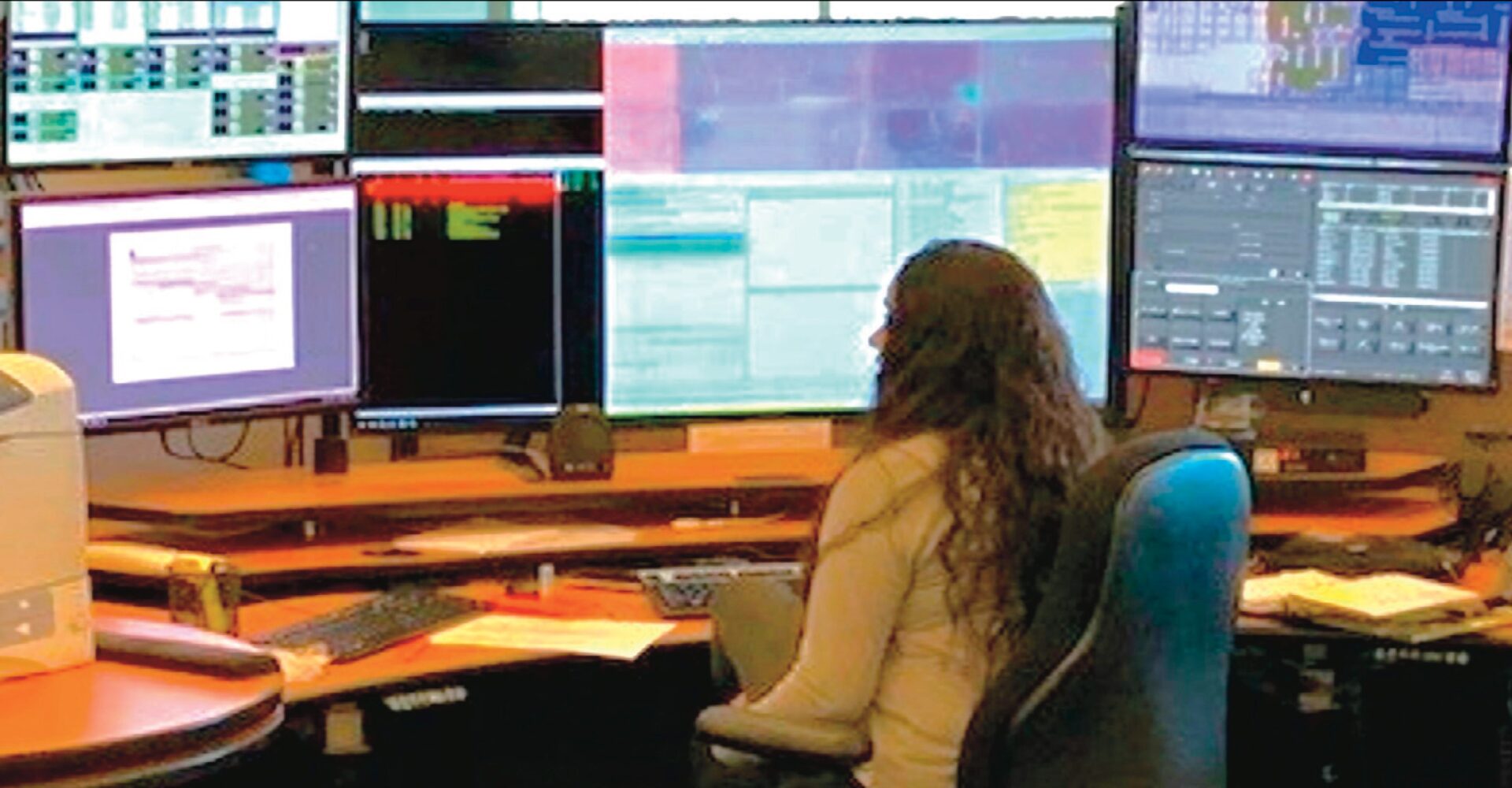
By Nicole Greason, Special for wranglernews.com
More than 150 calls from Tempeans needing emergency help during mental‐health crises have been handled differently since a partnership this year changed how the city responds to 911 calls.
City Council this year unanimously approved a contract with Tempe‐based Solari Crisis & Human Services, which operates crisis hotlines in central and northern Arizona that receive about 22,000 calls each month.
Solari specialists began working alongside Tempe 911 dispatchers to respond to calls from non‐violent, suicidal people. Callers immediately speak with Solari counselors with experience in psychology, social work and counseling.
According to the city, through June 2022, Solari responded to approximately 152 calls, with assistance ranging from helping stabilize an individual in crisis over the phone to dispatching a mobile team to a person in need.
This marks a change in how the city responds to these calls. Instead of summarily sending Tempe police officers as in the past, dispatchers are now trained to screen calls, determine each caller’s situation and – if the caller is non‐violent and not an immediate threat to themself or others – connect them to a Solari counselor without involving the Police Department, which previously responded to such calls.
The counselor takes over the call, does a quick risk assessment of the caller and determines what should be done, said Matthew Moody, Solari director of contact‐center operations and clinical services.
“We focus on hearing the person, helping them feel validated and supported, identifying precipitating factors that led them to this place and determining what’s going on with them, how to help and next steps,” Moody said.
If it is determined that a caller needs in‐person assistance, Solari sends a crisis‐response team. If an emergency call reveals a person in crisis is armed or violent, Tempe Police officers are dispatched.
Crisis‐response teams from EMPACT, TERROS or Spectrum are available to send when needed, but in the future, the city plans to have mobile teams from its CARE 7 crisis‐response unit in place to be the first choice to dispatch for in‐person assistance.
CARE 7 has been Tempe’s 24/7 crisis‐response unit since 1997. Certified team members respond with police and Tempe Fire Medical Rescue personnel to help people experiencing trauma after events such as domestic violence, auto accidents, sexual or physical assaults, suicides, homicides, residential fires, drownings and other unexpected deaths. The team also offers counseling for youth, families and veterans.
Moody said most situations are resolved over the phone, with the caller being referred to supportive care, such as counseling.
Also, Solari counselors ask to follow up with each caller within three days to check on their status.
The program is a “big change from how in the past we’ve put crisis care and mental health onto the police,” Moody said.
Tempe Mayor Corey Woods said Tempe was compelled to innovate its approaches to caring for people in crisis.
“Tempe will be the first city in Maricopa County, and possibly Arizona, to have its own team of mental‐health counselors responding to in‐person crisis calls,” Woods said. “Eventually, it’s hoped that Tempe and Solari will move to expand beyond calls related to suicide to also handle those that involve anxiety, substance abuse, family problems or other mental‐health issues.
“Tempe is on the leading edge of creating new models for human services and public safety. This new model will get the best response to the person in crisis and give our police officers more time to focus on fighting crime.”
Police Chief Jeff Glover agreed that officers now can focus more on crime prevention and response. Tempe Police received more than 1,700 calls for service related to mental health in 2021.
“Tempe Police officers are the best at what they do to keep our community safe,” Glover said.
“We are thrilled that this partnership will allow their true expertise to shine and give mental‐health experts the opportunity to lend their skills to those in crisis.”
According to Susie Steckner, a Tempe public‐information officer, the city’s approach to helping people in crisis will include the new mental‐health response team, called MyHRT – pronounced My Heart – composed of a licensed social worker and other masters‐level mental‐health professionals. The city is nearing completion of hiring the team, which is scheduled to be in operation this year.
Steckner said community members will be better served in several ways in overall health and wellness.
On‐scene crisis response will be a focus, but the team also will offer general mental‐health assistance for individuals and families who are struggling but not in immediate crisis. Prevention services will be offered, as well.
Redirecting mental‐health‐related calls for service was a recommendation of the city’s Public Safety Advisory Task Force, a group of community members appointed by Woods soon after he was sworn in two years ago to examine ways to increase community trust in policing.
The task force’s work led to a comprehensive Community Safety Plan for Tempe that will be implemented over several years.
Need help? If you or someone you know is experiencing a behavioral‑health crisis, call the Maricopa County crisis line 1‑800‑631‑1314.


